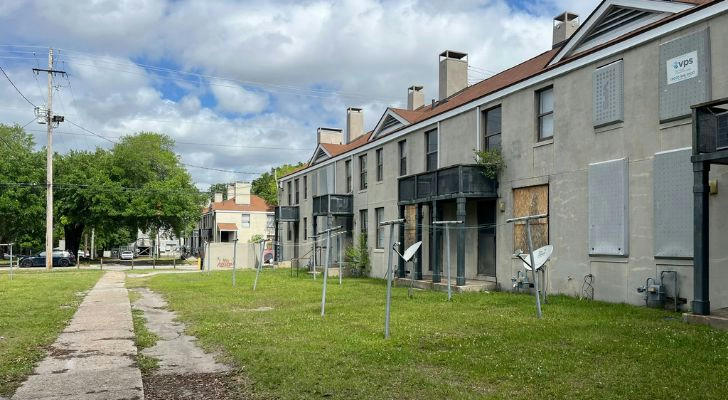Five Things to Know Before Moving into Public Housing
Public housing can offer stable, affordable housing for individuals and families who qualify, but moving in is often more than just signing a lease. Understanding how these communities operate—and what’s expected of you as a resident—can make your transition smoother and more successful. Whether you're new to housing programs or relocating from another public property, these five key points will help you prepare for what’s ahead.

1. Public Housing Is Income-Based
A common misconception is that public housing is completely free. In reality, tenants typically pay about 30% of their adjusted monthly income toward rent. This formula includes all household earnings such as wages, Social Security, child support, or unemployment benefits. Additional costs like utilities may or may not be included, depending on the unit.
You’ll be asked to verify your income regularly—usually once a year—but must report changes (like a new job or added household member) within 10 days. Failing to do so may result in back payments or even eviction.
💡 Tip: Keep copies of pay stubs and benefit letters, and notify your housing authority promptly about income changes.
2. You’ll Need to Pass an Eligibility and Screening Process
Before being offered a unit, you’ll go through a screening process that may include:
- Background checks for criminal activity or evictions
- Verification of rental history and references
- Credit or debt reviews in some areas
HUD prohibits blanket rejections based on past arrests, but local housing agencies do have discretion in screening. Each agency has its own policy, and many give priority to elderly individuals, veterans, people with disabilities, or local residents.
✅ Be prepared: Having a co-applicant, support from a caseworker, or a letter from a former landlord may help strengthen your application.
3. Public Housing Communities Have Rules You Must Follow
Living in public housing is not the same as renting from a private landlord. Housing authorities typically have strict house rules designed to ensure safety, order, and community harmony. These may include:
- Quiet hours and visitor policies
- Rules around smoking, pets, and use of common areas
- Requirements to keep your unit clean and in good condition
- Reporting issues like leaks or pests promptly
Violation of these rules can lead to warnings, fines, or lease termination. That said, tenants also have rights, including the right to privacy and to live free from discrimination under the Fair Housing Act.
📋 Before signing your lease, read through the tenant handbook or occupancy agreement carefully. If something is unclear, ask for clarification.
4. Repairs and Maintenance Are the Landlord’s Responsibility—but You Need to Report Issues
One of the benefits of public housing is that maintenance and repair costs are covered by the housing authority. However, it's your responsibility to report problems quickly, whether it’s a broken heater, mold growth, or a leaking pipe. Neglecting to do so can result in more serious damage—and possible charges to you.
Most agencies have a hotline or online form where you can submit maintenance requests. Emergency issues (like flooding or no heat in winter) are usually handled within 24 hours.
🛠️ Pro tip: Take photos and document your maintenance requests to protect yourself in case of disputes.
5. You Can Access More Than Just Housing
Many public housing agencies offer supportive services and resources to help residents improve their quality of life. Depending on the location, you may find:
- On-site child care, after-school programs, or tutoring
- Job training and employment services
- Financial literacy workshops
- Health screenings and social services
- Tenant councils and leadership opportunities
Engaging with these services can enhance your experience and provide long-term pathways toward financial stability or even homeownership.
🌱 Suggestion: Ask your property manager or resident services coordinator about available programs in your building or area.
While moving into public housing may seem overwhelming at first, being prepared and informed can help you adjust more easily. From understanding your financial responsibilities to getting involved in the community, each of these five steps plays a role in building a stable, successful housing experience. Stay proactive, ask questions, and take full advantage of the support systems available to you.
